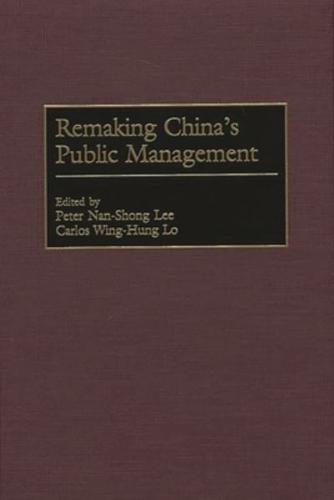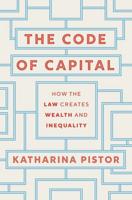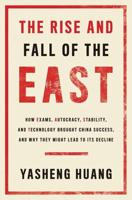Publisher's Synopsis
Well-traveled throughout China and well-published on its political, cultural, and business aspects, the editors of this unusual new book and their contributing authors give a systematic analysis of public sector management-as it is now and as it is emerging-in a country of massive size, now in retreat from a centrally planned economy. Many features of the new reforms parallel the movement toward new public management in the West. Functions have been transferred away from China's public sector, including the government, and into the private sector, and many of the managerial tools common in the private sector have been introduced into the public sector. The book thus analyzes the logic, mechanisms, and designs of new public management in China. It examines context-bound issues, in the light of the legacies of massive state intervention, the transition away from centralized planning, the structure of the Leninist party-state, and Chinese bureaucratic culture. Finally it discusses and illustrates events in a variety of policy areas, and in doing so, draws upon unique interviews and field studies developed personally by each contributor. The result is an important insight into China and how its public sector operates, one that will have special value for professionals in international development, finance, banking, government, economics, politics, and for their academic colleagues as well.










